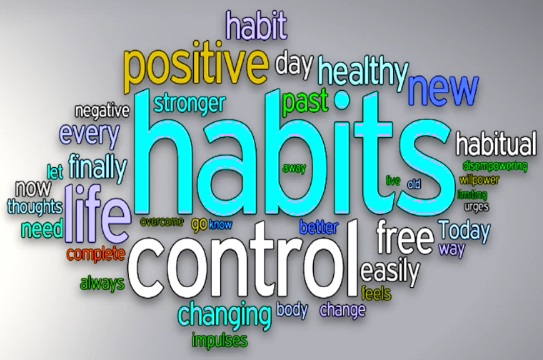 It doesn’t matter if you’re talking about the typical day-to-day changes at your organisation or the disruptive changes in the marketplace that alter everything, change requires learning. Resilience – the ability to respond effectively to change not just once, but as a natural response to relentless change – demands that you be open to learning as a lifelong pursuit.
It doesn’t matter if you’re talking about the typical day-to-day changes at your organisation or the disruptive changes in the marketplace that alter everything, change requires learning. Resilience – the ability to respond effectively to change not just once, but as a natural response to relentless change – demands that you be open to learning as a lifelong pursuit.
As a rule of thumb, change has a 95% failure rate. Faced with a new situation, your first attempts to deal with it succeed only about 5% of the time. And the more complex the learning, the less likely you are to be immediately successful. Therefore, openness to learning, first of all, includes a willingness to try new approaches, to make mistakes and to learn from them, and to persist until you achieve some level of mastery in the new situation.
Second, openness to learning includes a willingness to explore and replace strongly ingrained habits. The evidence from cognitive psychology indicates that 95% or more of your day-to-day decisions and actions are chosen unconsciously. For example, can you imagine getting up each morning and asking yourself, “Now, what do I have to do to get ready for work?” Or have you ever found yourself back home in your car only to say to yourself, “Wow! How did I get here? I hope I was paying attention while I was driving!”
Your brain is designed to take conscious thought and drive it into the unconscious because unconscious decisions are faster, take less energy, and free your mind to think about other things. In high change environments, the problem with these mental habits is that what used to be effective may not be effective any more. It’s not that you’re wrong, it’s just that what was the right decision or action in the past no longer makes sense because the situation has changed! If you rely on unexplored habits in high change environments, you risk making poor decisions and taking ineffective actions.
Finally, openness to learning includes a willingness to make mistakes. As mentioned earlier, change has a 95% failure rate. It’s very rare that you immediately operate effectively in a new environment. Obviously, it’s desirable to avoid mistakes whenever possible, for example, by learning from others’ experience. But the reality is that new situations require learning, and learning involves making mistakes. If you’re overly concerned about making mistakes, you’ll probably be reluctant to change.
So, what are some tips for expanding your resilience by increasing your openness to learning?
- First of all, when faced with a new issue, challenge, or problem, figure out what caused it – keep asking, “Why?” But don’t get stuck in “analysis paralysis” – move quickly to what can be done to address the situation, especially in a crisis.
- Seek expert instruction.
- Involve teams of people with the widest possible diversity of backgrounds.
- Don’t “jump to solutions” – set aside 50% of the time in problem solving sessions for problem definition and the last 50% to develop solutions.
- Do quick experiments and trials to determine which solution is most effective. This helps you to avoid “analysis paralysis.”
- Regularly ask yourself, “Am I doing the right things and doing them right or am I just doing what’s comfortable and familiar?”
- Assess performance and get feedback to determine if your habits are still effective.
- Try new approaches on a trial basis to determine the nature of new, desirable habits.
- Accept responsibility for changing your habits and develop new habits by consciously practicing them for 30 to 60 days or longer.
- Allow time for mistakes in a safe, learning environment. Don’t just guess or make it up. Practice!
- Always be in the process of learning something new, personally or professionally, to build tolerance for mistakes – always be a beginner at something!
- Recognize that mistakes are the primary way that people learn. Reframe mistakes as sources of learning – it’s not a “mistake,” it’s a “lesson.”
- And finally, learn from failures (and successes) by analyzing them for patterns.


